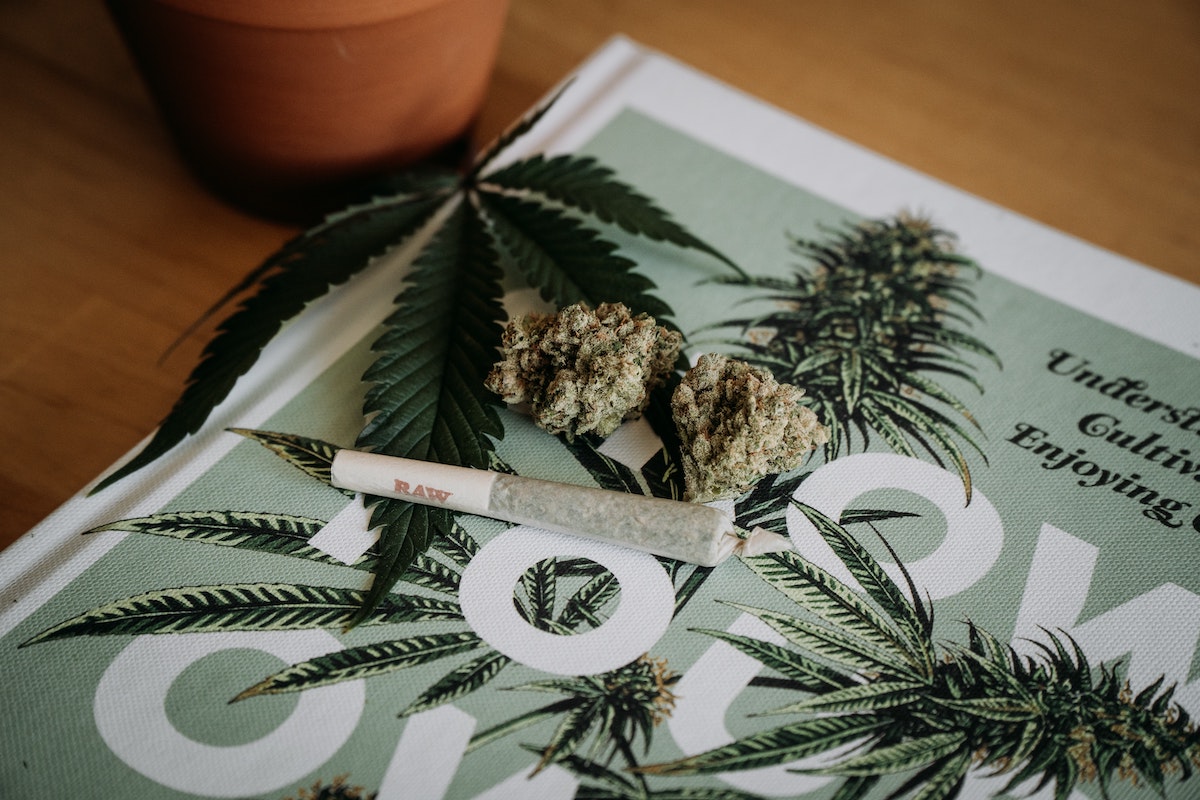 Photo by Shelby Ireland on Unsplash
Photo by Shelby Ireland on Unsplash
Washington State University’s (WSU) IMPACT Center recently published a report, “2020 Contributions of the Washington Cannabis Sector.” While the study is concerned primarily with the overall impact of the state’s legal cannabis market on its economy as a whole, it contains some data that provides an idea of demand and sales in Washington’s licensed industry in 2020.
Some key findings of the study include:
The study also contemplates the potential impact on sales made by licensed retailers if Washington legislators pass a measure to legalize home cannabis cultivation this year. Previous efforts to legalize home growing in Washington have not been successful.
A proposed measure that would have a much more substantive impact on the state’s legal market is House Bill 1260. The bill would establish a “craft cannabis producer / processor license” available to currently licensed producers and new social equity applicants. HB 1260 would also allow such licensees to retail their production directly to consumers on-site, similar to tasting rooms at wineries.
The intent of the bill is to allow smaller producers a path to expand their operations and generate additional revenue. We have previously covered complaints, particularly from Tier 1 producers in Washington, that the 2,000 square foot canopy limit for such a license prevents their businesses from being viable in the market. The state Liquor and Cannabis Board has been fielding feedback from market participants for more than the past year on ways that smaller producers can become more competitive, and HB 1260 appears to be an effort to address many of the comments and proposals put forward by licensed businesses and industry groups. A similar measure was introduced in the 2020 legislative session but failed to pass into law.